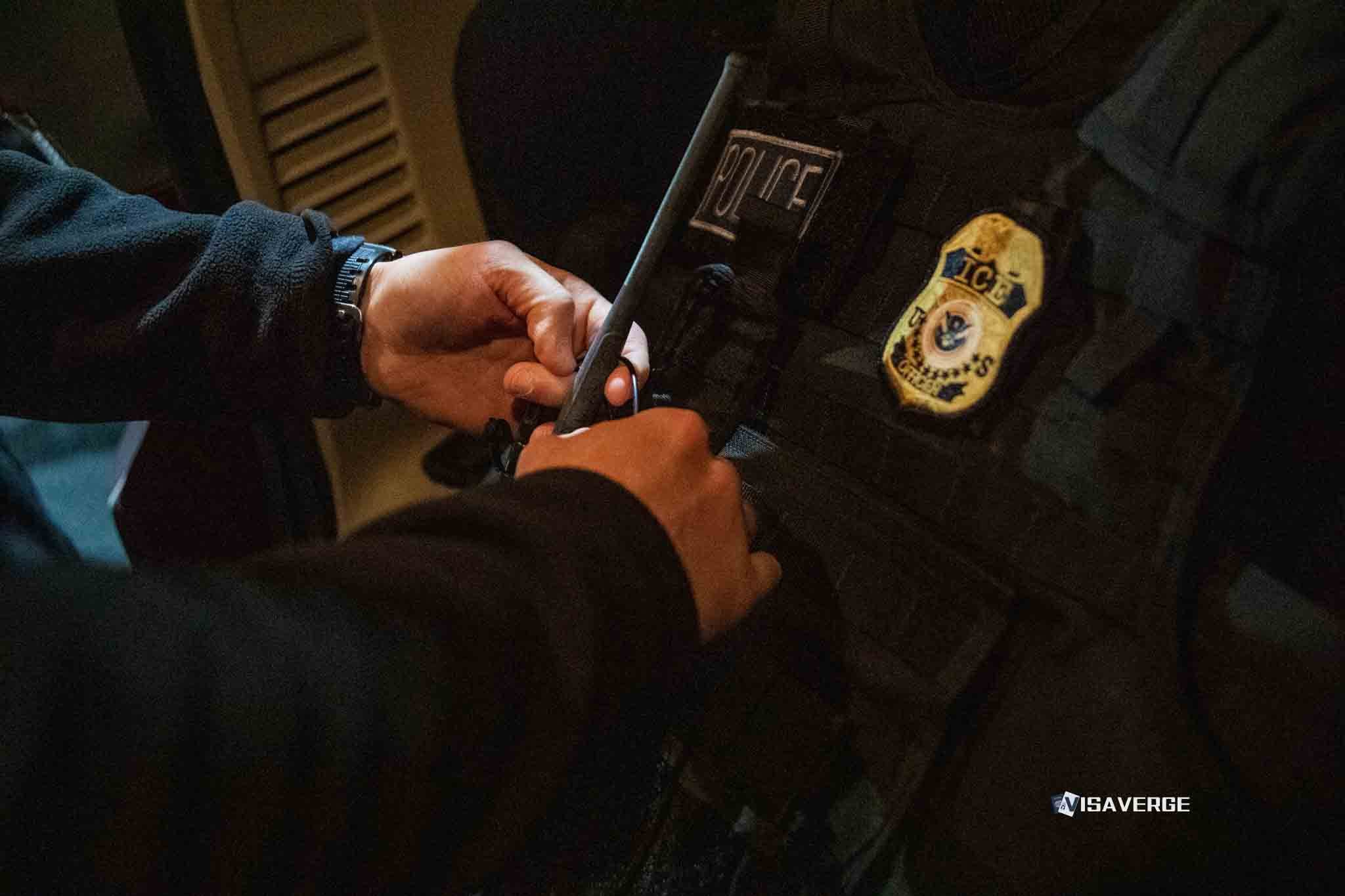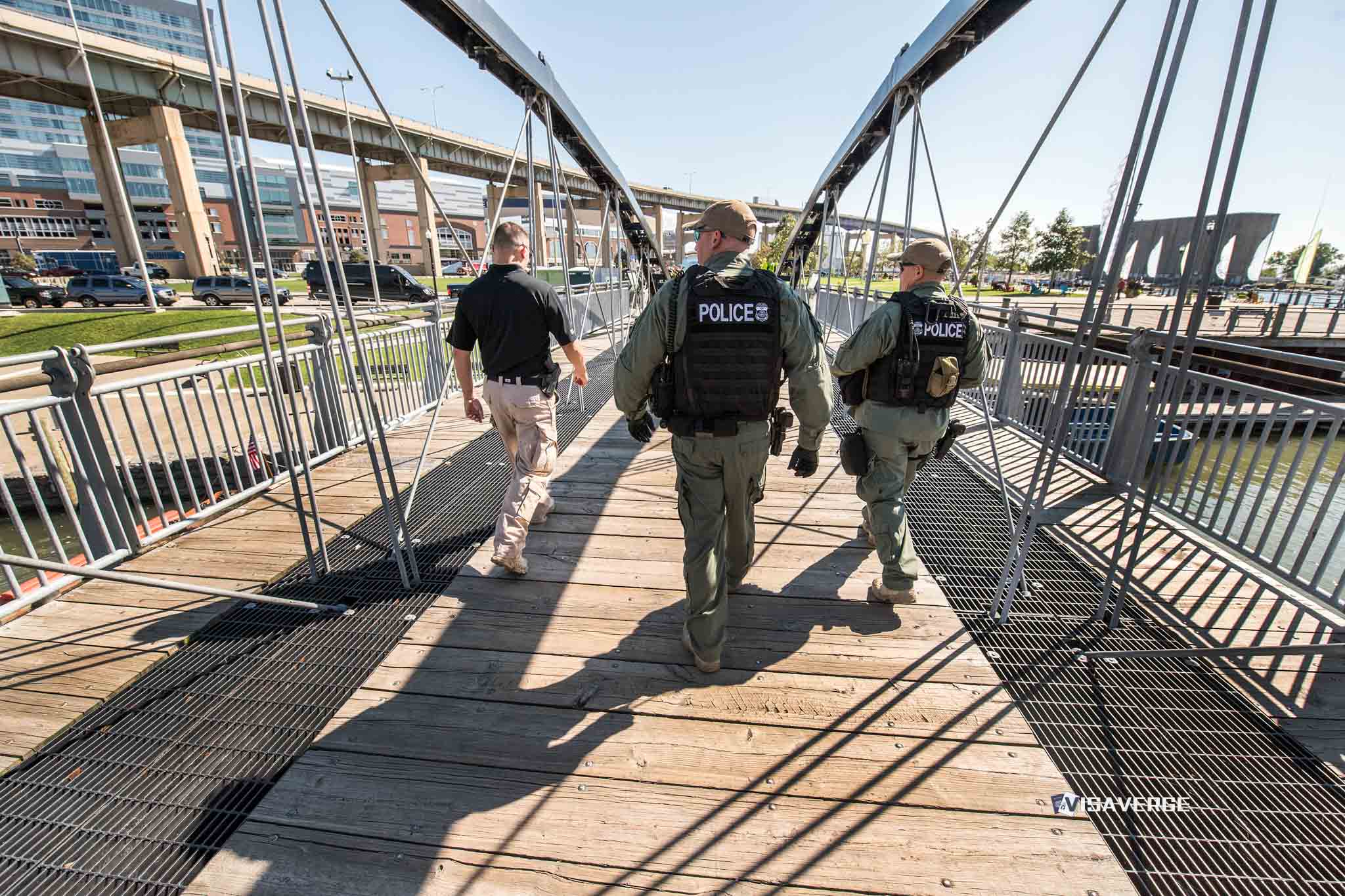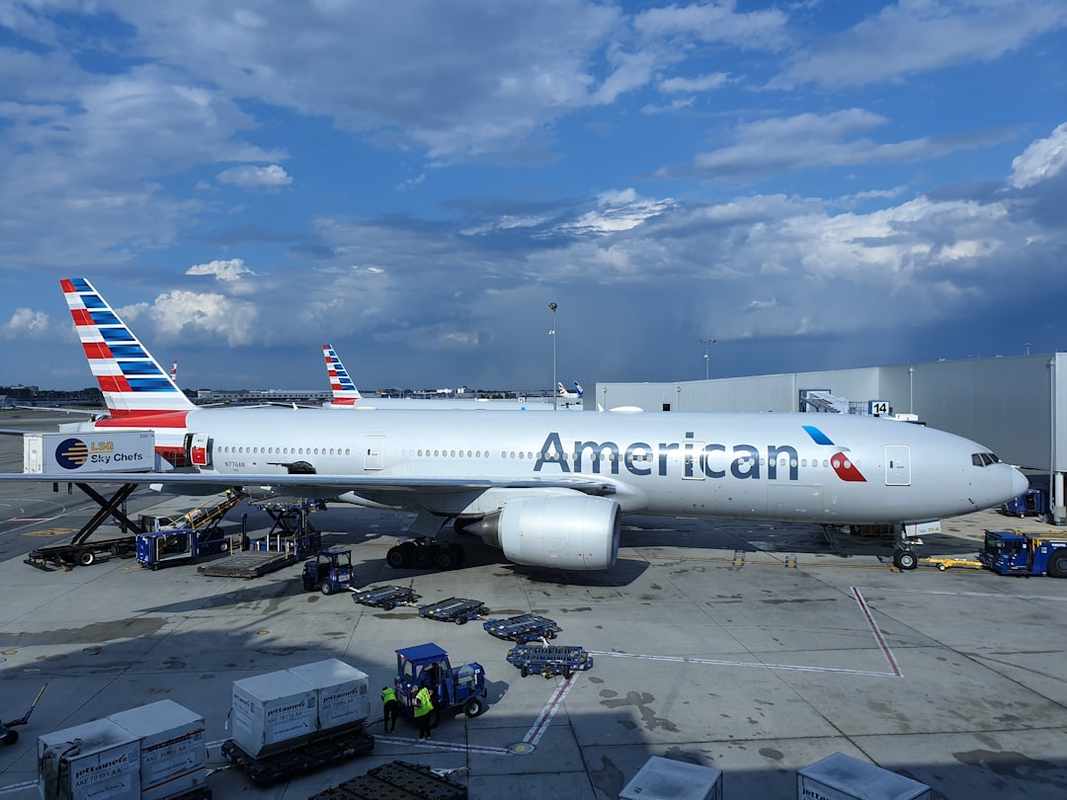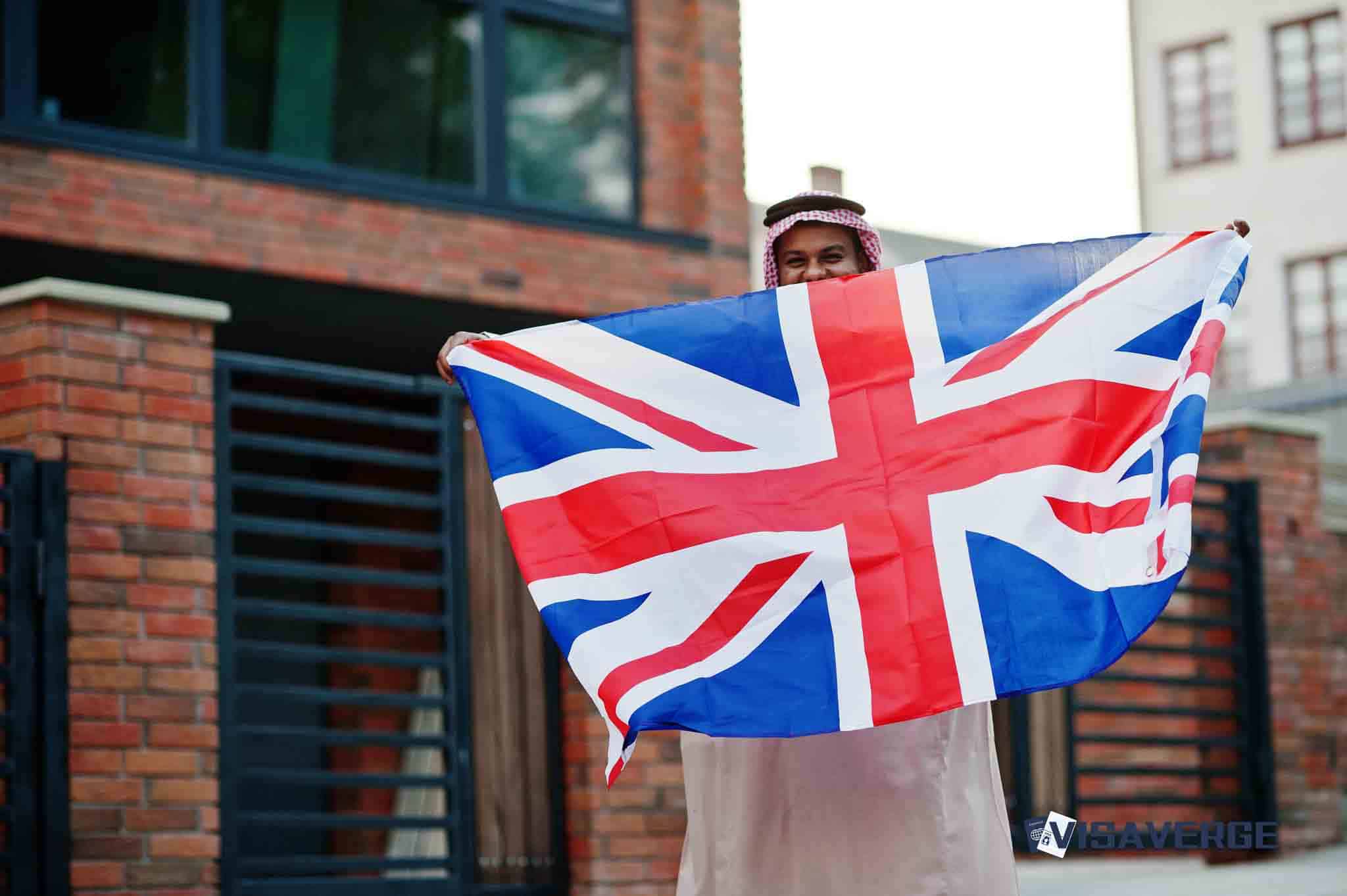Key Takeaways
• The Western Cape High Court ruled detaining or deporting asylum seekers without a fair application process is unconstitutional.
• Sections 4(1)(f), 4(1)(h), 4(1)(i), 21(1B), and key Refugee Regulations were struck down by the court.
• The decision, pending Constitutional Court confirmation, compels South Africa to ensure fair access for all asylum seekers.
A recent decision from the Western Cape High Court has brought widespread attention to how asylum seekers are treated in South Africa 🇿🇦. The court found that arresting, detaining, or deporting asylum seekers—without first giving them a proper chance to apply for protection—is unconstitutional. This is a big step that could change the way South Africa handles people arriving at its borders who are running from harm or danger in their home countries.
Let’s look at what led to this decision, what exactly was found to be unconstitutional, and what it means for asylum seekers, government officials, and the greater public.

What Did the Western Cape High Court Decide?
The Western Cape High Court judgment focused on rules and practices that had been used since about November 2023. In these cases, when a person arrived in South Africa 🇿🇦 seeking asylum, officials could detain them or send them back immediately—often without even talking to them about why they had left their home or if they were at risk there. This practice was based on certain parts of the Refugees Act and its rules, which allowed officials to reject people just because they did not have the right travel documents or because they missed a deadline.
The court said these actions are unconstitutional. According to the Constitution of South Africa 🇿🇦, everyone has the right to human dignity, safety, and the chance to be heard. The high court pointed out that not letting asylum seekers tell their story or have their claim for protection properly checked is not only unfair, but it also breaks the country’s own laws as well as international promises South Africa 🇿🇦 has made to protect refugees.
Background: How Did This Case Begin?
This important case was started by the Scalabrini Centre of Cape Town and Lawyers for Human Rights. Both groups work closely with refugees and asylum seekers every day and saw firsthand how these rules hurt real people. Their legal challenge questioned several parts of the Refugees Act and related rules that let officials “filter” people out in the early stages just because they did not arrive with the right documents or entered the country in an unofficial way.
Many of these asylum seekers were quickly arrested, locked up, and sent back to the countries they were running from. The law did not require that their stories, or the real dangers they might face if sent back, ever be heard. For many, missing a deadline, losing a document, or simply not being able to get a visa was enough for them to lose any chance at safety.
As reported by VisaVerge.com, these practices have created real risks for people needing help.
Which Parts of the Law Were Found Unconstitutional?
The court’s judgment clearly identified several parts of the Refugees Act and its related rules as unconstitutional. The specific sections struck down included:
- Sections 4(1)(f), 4(1)(h), and 4(1)(i) of the Refugees Act.
- Section 21(1B) of the Refugees Act.
- Regulations 8(1)(c)(i), 8(2), 8(3), and 8(4) of the Refugee Regulations.
These legal rules allowed officials to turn people away from applying for asylum just because:
- They didn’t have a valid transit visa (a short-term travel document)
- They entered South Africa 🇿🇦 in an unofficial way (sometimes called “irregular entry”)
- They missed certain deadlines, even when those deadlines were hard to keep for people fleeing suddenly
This meant that people who could be in serious danger—in some cases at risk of abuse, violence, or worse—were never given a chance to be heard.
Key Constitutional Principles Supported by the Court
The Western Cape High Court based its ruling on strong principles from the South African 🇿🇦 Constitution and international agreements. Here are the most important ideas from the judgment:
Non-refoulement
This is a key promise made by many countries around the world, including South Africa 🇿🇦. Non-refoulement means you can’t send someone back to a country where they would likely face harm, torture, or be treated badly.
The court said that by filtering out people just because of paperwork, authorities risked sending people back to situations where they could be in grave danger. This was not only unfair, but it directly broke the promise of non-refoulement.
Right to Access the Asylum System
The court was clear: everyone who asks for protection as an asylum seeker must be given a real chance for a fair decision. They should not be turned away or sent back simply because of missing documents or a late deadline. Turning people away before they get even a basic interview or assessment does not respect basic rights, like the right to dignity, safety, and even life.
No Penalty for Irregular Entry
People running for their lives often do not have time or the ability to collect proper documents before leaving. International law (and now the High Court) recognizes that. The court said South Africa 🇿🇦 can’t punish asylum seekers just because of how they entered the country if they were escaping danger.
As James Chapman from the Scalabrini Centre put it, “When newcomer asylum seekers come…seeking refuge…the primary question…is whether they are at risk…if returned… Preventing them from doing so violates their fundamental right not to be returned…”
What Happens Now? Immediate Impact and Next Steps
This decision is a major step forward for those who work to protect refugees and asylum seekers in South Africa 🇿🇦. However, the judgment is not yet final. By law, when a lower court in South Africa 🇿🇦 finds something unconstitutional, the Constitutional Court must confirm the decision before it takes full, nationwide effect.
So, what does this mean for people right now?
- The Department of Home Affairs can no longer simply deny new asylum seekers access to the system just because of the old rules.
- If someone is still being kept out or is at risk of being sent home under the old (now invalid) procedures, they may have to take their case to court.
- Advocacy groups say this is a clear message that South Africa’s laws must respect refugees’ basic rights and its international duties.
Broader Context: South Africa 🇿🇦 and International Refugee Law
South Africa 🇿🇦 has a long commitment to helping people fleeing war, persecution, or violence. The country’s Constitution is known for its strong protection of human rights. At the same time, South Africa 🇿🇦 is part of agreements made by the United Nations and the African Union that say asylum seekers cannot be sent home to danger.
This court case has highlighted the need for laws—and the people who enforce them—to always remember these basic promises, even when dealing with people who lack the right papers or who arrive in ways that are not officially approved.
Analysis from VisaVerge.com suggests that the Western Cape High Court’s ruling, once confirmed, will set an important example not only for South Africa 🇿🇦 but also for other countries in the region.
Voices from Refugee Support Groups
Groups that support refugees, like the Scalabrini Centre and Lawyers for Human Rights, have welcomed the judgment. They point out that many of the people affected by the old rules are families and individuals who have already faced violence, war, or threats to their lives. Turning them away at the border without a fair hearing not only puts them back in danger but also goes against the values South Africa 🇿🇦 stands for.
These groups hope the decision—and the steps that follow—will lead to a fairer system, where protection is based on real risk, not on paperwork or deadlines.
Perspectives: Government Response and Next Steps
The Department of Home Affairs now faces a challenge. It must review its procedures for dealing with new arrivals who ask for asylum and make sure every applicant gets a proper chance. The court was clear: if South Africa 🇿🇦 is to meet its own constitutional and international obligations, it can’t keep turning people away because of paperwork problems or missed dates.
Until the Constitutional Court reviews and confirms the high court’s decision, some uncertainty remains. Individual asylum seekers may need to speak up and make sure their rights are respected if they are being denied entry or at risk of being deported.
For those seeking more information or needing to understand how to apply for asylum legally, they can visit the official Department of Home Affairs website where guidelines and processes are explained.
Potential Long-Term Effects
If the Constitutional Court confirms the Western Cape High Court’s decision, several changes are expected:
- People fleeing danger will have better access to the asylum system, even if they lack documents or entered unofficially.
- Cases will be reviewed more fairly, with a focus on real risk, not paperwork.
- South Africa 🇿🇦 will strengthen its reputation as a country that protects human rights.
- Government offices may need extra training and support to make sure new rules are followed correctly.
On the other hand, some officials might argue that letting everyone in without checking documents could make it harder to manage borders. However, international law and South Africa’s Constitution both say that protecting human life and dignity always comes first. The law still allows the government to check security and health risks, but it cannot use technicalities or missed dates to shut the door on those in need.
Balanced View: Controversies and Challenges
Not everyone agrees with the Western Cape High Court’s ruling. Some people worry about possible increases in the number of new arrivals or how the system will cope. Others argue that only strict rules can keep the system from being abused.
However, the court’s judgment shows that the main goal must always be to protect people who face real danger. Courts and advocacy groups say that South Africa 🇿🇦 is strong enough to manage its borders and also protect the most vulnerable.
What Should Asylum Seekers and Supporters Do Now?
- Asylum seekers who are blocked from applying because of missing documents or late deadlines should get advice or help from support groups or lawyers.
- If denied a chance to apply, individuals can ask a court to review their case.
- Advocacy organizations are likely to keep a close watch on what happens next and push for fast confirmation by the Constitutional Court.
Summary of Key Points
- The Western Cape High Court has decided that arresting, detaining, and deporting asylum seekers—without letting them apply for protection first—is unconstitutional in South Africa 🇿🇦.
- The Court struck down parts of the Refugees Act and related rules that blocked many asylum seekers because of missing documents or irregular entry.
- The fundamental rights of dignity, safety, and access to the asylum process were at the heart of the decision.
- The ruling is not final until the Constitutional Court confirms it, but it already has an effect: the Department of Home Affairs cannot rely on the old rules and must allow fair access for people who need protection.
- Refugees, legal experts, and advocacy groups see this as a step forward for human rights and constitutional law.
The story remains ongoing. For anyone interested in how South Africa 🇿🇦 and other countries handle refugee protection, the next steps by the Constitutional Court will be crucial. People can stay informed by following updates from organizations like the Scalabrini Centre, as well as official sources.
This moment is not just about South African 🇿🇦 law, but about the promise made by countries everywhere to offer help to those in danger. The focus now is on making sure that systems and laws put people’s safety and dignity first, while still keeping order and fairness at the border.
Learn Today
Non-refoulement → A legal principle prohibiting countries from returning asylum seekers to places where they may face harm or persecution.
Refugees Act → South African law outlining procedures, rights, and obligations for people seeking asylum or refugee protection within South Africa.
Irregular Entry → Entering a country through unofficial routes or without required documentation, often due to urgent safety risks.
Constitutional Court → South Africa’s highest court for constitutional matters, which reviews lower court decisions for nationwide effect.
Transit Visa → A short-term permit allowing travelers to pass through a country on their way to another destination.
This Article in a Nutshell
A major ruling by the Western Cape High Court declares it unconstitutional to detain or deport asylum seekers without first allowing them access to the proper application process. This judgment strikes down key parts of the Refugees Act, emphasizing human rights and dignity, and marks a turning point for refugee protection in South Africa.
— By VisaVerge.com
Read more:
• Asylum seeker fishermen play rising role in UK migrant smuggling
• Starmer proposes sending failed asylum seekers to third-country return hubs
• Asylum claims to UK rise dramatically, driven by small boat crossings
• Leicester City hosts far more asylum seekers than East Midlands average
• Coolock Factory Plan for Asylum Seekers Axed Suddenly







